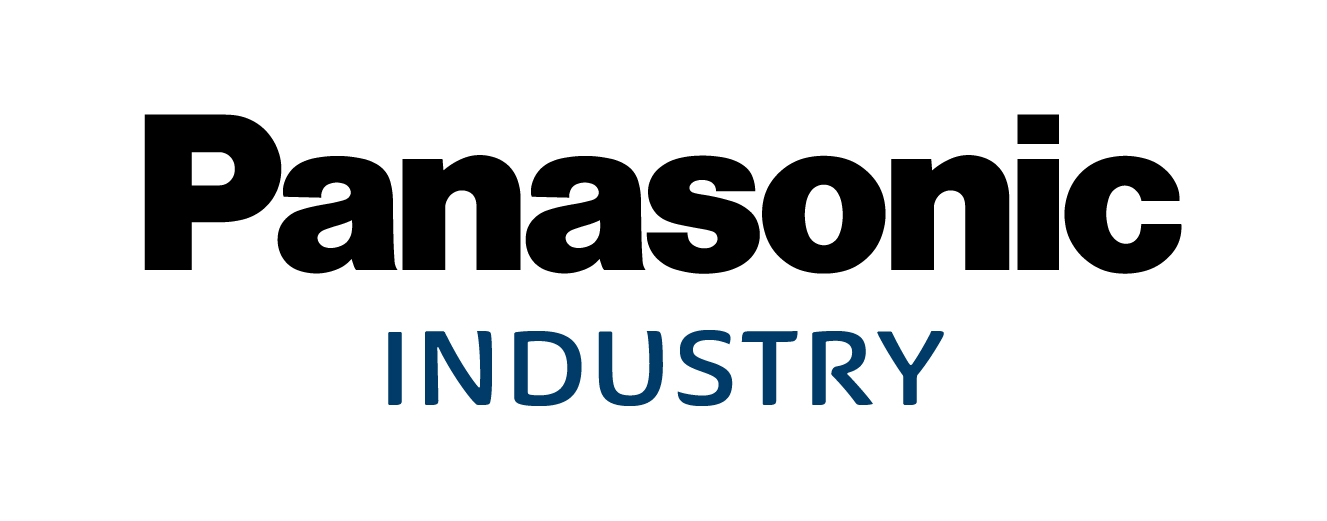
Our commitment to global sustainability
Panasonic has been fulfilling electronics needs globally with quality products and exceptional service since several decades. We, at Panasonic, recognize the environmental and social impacts of material procurement, manufacturing processes and logistics, and we are constantly making amends and improvements in our actions. We understand our responsibility to reduce emissions, achieve carbon neutrality, increase reparability and recyclability of our products and comply with sustainability standards and CSR Directives.
At our headquarters in Ottobrunn, Germany, we strive to improve our way of working by employing solutions like joint printing stations to lessen paper waste, reusable cups and cutlery in the kitchen to avoid usage of plastic, solar panels on the office building roof, tracking of energy consumption and provision of multiple charging stations for electric cars, e-bikes and e-scooters.
On an industrial level, we take constant efforts to modify product design to reduce footprint, reuse materials, avoid usage of restricted substances, comply with ethical procurement standards and fulfill sustainability expectations of customers. We are developing technologies for improving energy-saving performances of products and innovate manufacturing processes to reduce the amount of energy consumption. Together, with our customers, we will realize a society that has a minimal impact on the global environment.
Recent efforts by Panasonic
Making Solar Energy more efficient
-
Meet Perovskite, the Material Shaping the Future of Solar Energy
- Panasonic in Numbers: Perovskite Solar Cells
Vision for a ‘hydrogen society’
- Hydrogen Fuel Cells for Heat and Electricity
- Our offering for the hydrogen value chain
- Providing solutions for hydrogen
Smart Meters
Sustainability
Panasonic GREEN IMPACT
To prioritize and combat major global issues like climate change, Panasonic GREEN IMPACT (PGI) was launched in January 2022 with the objective of reducing CO2 emissions and achieving carbon neutrality. PGI consists of three categories: OWN IMPACT, CONTRIBUTION IMPACT AND FUTURE IMPACT.
- OWN IMPACT focuses on reducing CO2 emissions within our own value chain by adopting more sustainable practices right from procurement of raw materials to product usage and disposal.
- CONTRIBUTION IMPACT strives to promote the usage of environmentally responsible products for customers which will contribute to avoided emissions by the society that opts for these products.
- FUTURE IMPACT plans to contribute to the development of new technologies and businesses that support in energy transformation for achieving carbon neutrality.
Circular economy
With the objective of ensuring an efficient life cycle of products, Panasonic has introduced Circular Economy in its value chain, which attempts to promote responsible sourcing of raw materials by introducing recycling-oriented manufacturing and increases product usage by initiating refurbishment factories. Circular Economy aims to transform the supply chain from a cradle-to-grave approach to a cradle-to-cradle approach, where continuous resource consumption is reduced by adopting methods of reuse, repair and refurbish, which in turn also supports in reducing overall product and process waste.
Green procurement
Panasonic works towards Green Procurement that aims at expanding environmental activities with suppliers by requesting their cooperation with the initiatives based on the Green Procurement Standards. Suppliers are required to set up an Environmental Management System based on the acquisition of ISO 14001 certification. Panasonic has published Chemical Substances Management Rank Guidelines ‘for products’ (updated in 2024) and ‘for factories’. Suppliers are also requested to provide materials that effectively reduce GHG emissions, promote resource recycling and water recycling, and help in conservation of biodiversity.
Product compliance
The Panasonic Group is aware of the various restrictions imposed by European, national, and international legislation on the manufacturing and supply of electronic products. Panasonic understands the importance of compliance with the directives and regulations listed below. The list consists of links to the original versions only. Most regulations and directives have regular amendments made in the subsequent years and PIEU works towards ensuring compliance of its products with every new amendment.
- REACH Regulation 2006
- ROHS Directive 2011
- WEEE Directive 2012
- POP Regulation 2019
- ELV Directive 2000
- POP Regulation 2019
- EU Regulation on supply chain due diligence obligations for conflict minerals in 2017
- Battery Regulation 2023
Downloads for product compliance
- Use the Download Center to access environmental files of available products
- REACH Declaration following Article 33 for Panasonic Industry Europe products
- Product Specific RoHS and REACH Declarations
- Recycling Quota of Industrial Batteries 2024
Looking ahead
- Reduction of at least 300 million tons of CO2 emissions by 2050
- Aim to attain net zero CO2 emissions at all Panasonic factories by 2030
- Maintain recycling rate of factory waste of over 99%
- Increase usage of recycled resin to over 90000 tons from FY 2023 to 2025
Corporate Social Responsibility
Code of Conduct
The Panasonic Code of Conduct describes our core values, our principles in business operations such as Research and Development, Procurement, Manufacturing, Compliance with Laws, regulations and Business Ethics, along with Use and Control of Information as well as Corporate Citizenship Activities and Employee Relations.
Modern Slavery Act
Panasonic supports the obligations of the Modern Slavery Act that requires commercial entities to annually report the actions taken to identify, prevent and mitigate modern slavery in their supply chain. Panasonic follows the Act requirement to publish an annual transparency statement that describes the steps it took to ensure that the business is free from modern slavery and human trafficking.
Corporate Sustainability Due Diligence Act
This directive adopted in May 2024 aims at fostering sustainable and responsible corporate behavior in companies within their operations, their subsidiaries and across their global value chains. Companies in scope have a corporate due diligence duty to identify and address adverse human rights and environmental impacts of their actions inside and outside Europe. Panasonic acknowledges the obligations proposed in this act and has initiated efforts to fulfill them.
For the latest information on Panasonic’s sustainability and CSR efforts, please visit the Panasonic Corporation website



